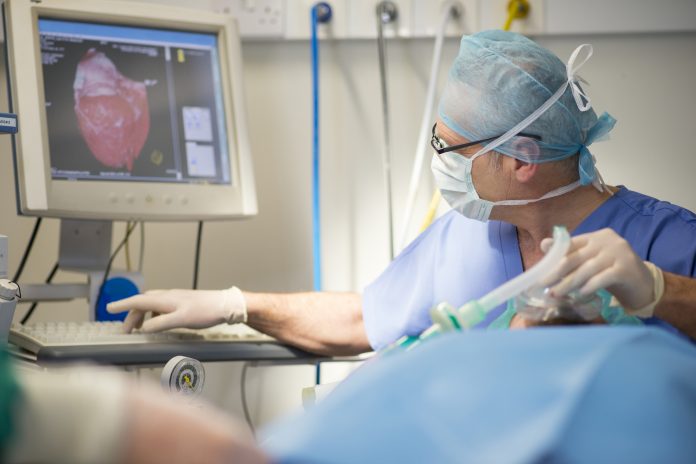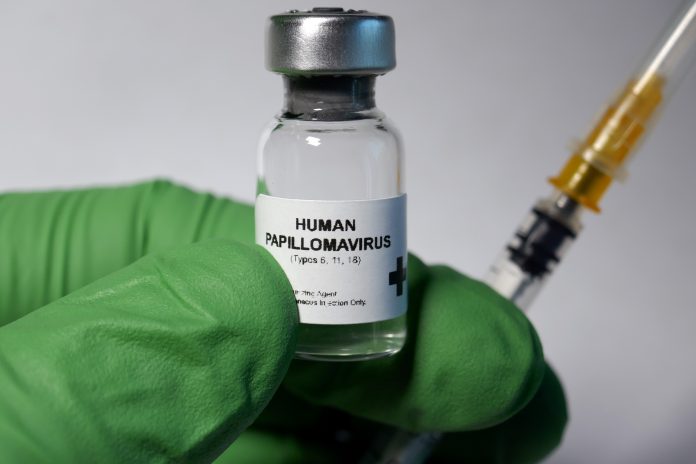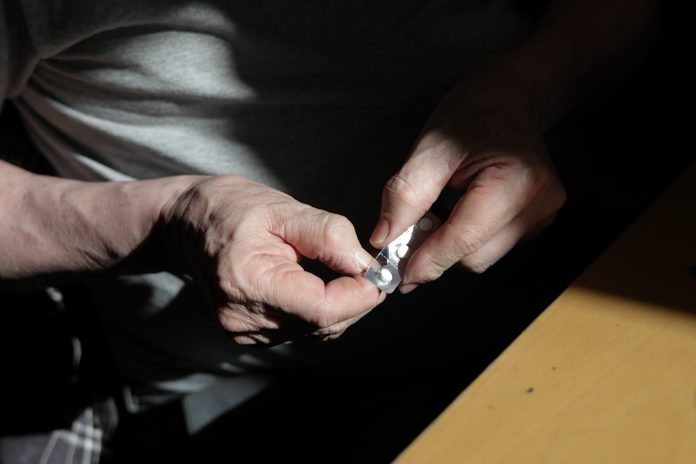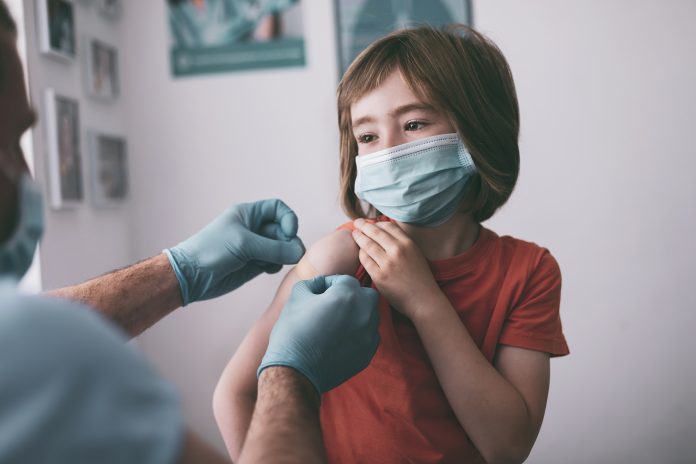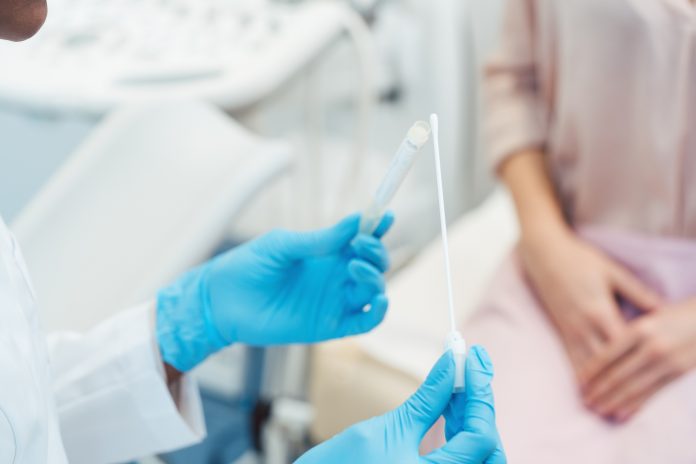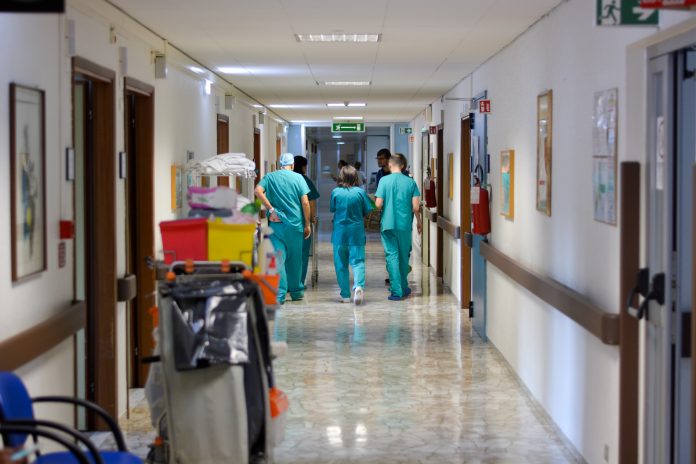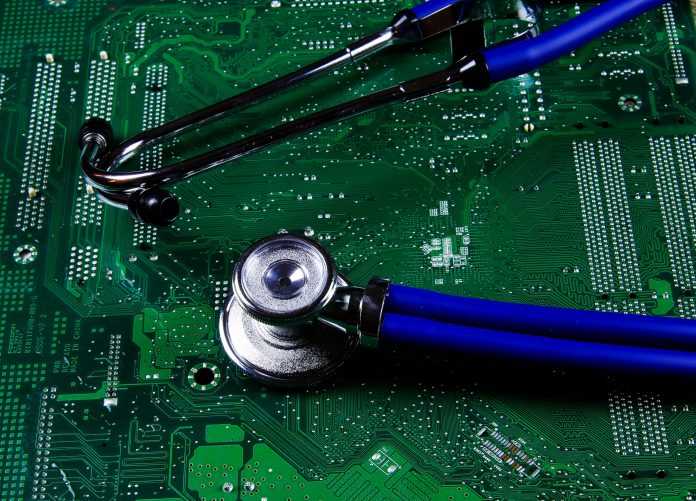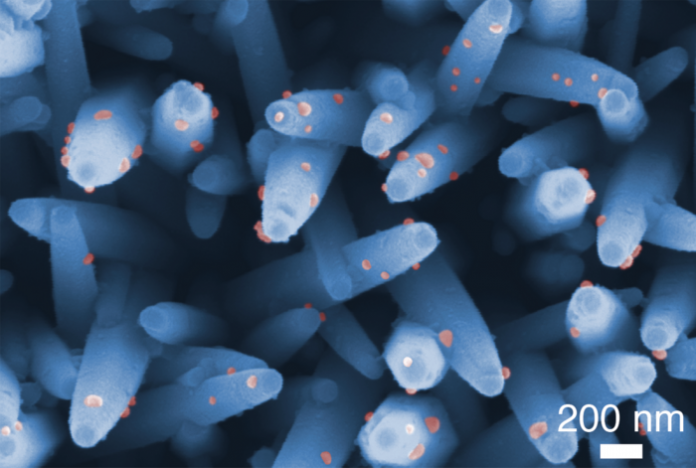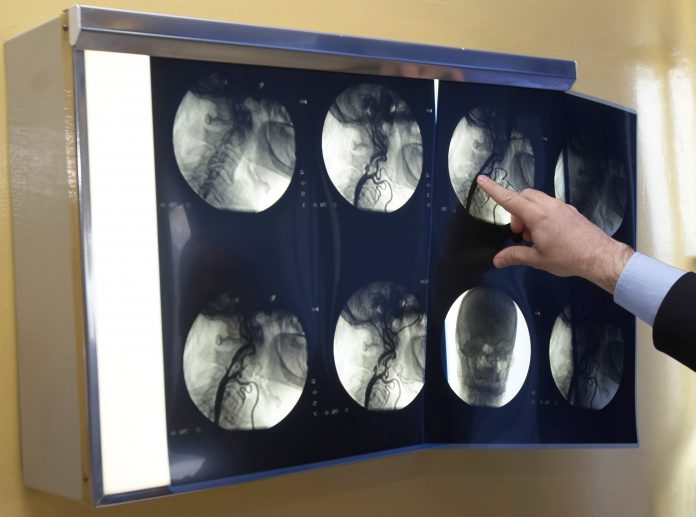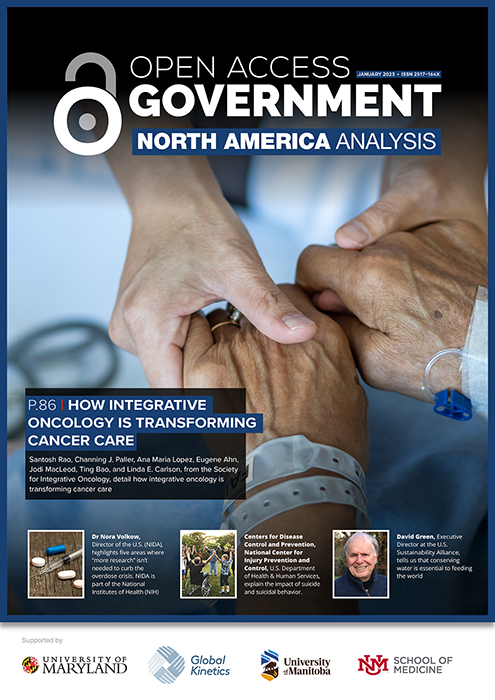Open Access Government produces compelling and informative news, publications, eBooks, and academic research articles for the public and private sector looking at health, diseases & conditions, workplace, research & innovation, digital transformation, government policy, environment, agriculture, energy, transport and more.
Home Search
cancer - search results
If you're not happy with the results, please do another search
An in-depth look at opioid dependence
Dr Gerard Sinovich, Lead Pain Specialist, provides an in-depth commentary on behalf of Cantourage Clinic concerning what we need to know about opioids and opioid dependence.
Remanufactured IT: helping the NHS join the circular economy
Steve Haskew, the Group Director of Sustainability at Circular Computing – an organisation that sits at the centre of the circular economy – discusses the possibilities of remanufactured IT in the NHS.
Discussing early innovation software by example of the PERPL software
Dr Joanna Leng, School of Computing, University of Leeds, UK, presents a project from the fellowship, on the PERPL (pattern extraction from relative positions of localisations) software which analyses super-resolution light microscopy (SRLM) data.
Improve patients’ lives with inflammatory bowel disease
Dr Joana Torres, Gastroenterologist, Expert in Clinical IBD and UEG* Rising Star Awardee, highlights the most challenging aspects of living with inflammatory bowel disease and the unmet medical needs in IBD management.
An HPV factsheet – Everything you need to know
HPV is the most common STI in the world, affecting 80% of the population. Here Dr Deborah Lee, from Dr Fox Online Pharmacy, addresses the most common issues about HPV in an attempt to aid in the understanding of the condition
How does nuclear energy play a role in our lives?
Michael Good, Associate Professor, School of Sciences and Humanities, at Nazarbayev University, walks us through the topic of nuclear energy and its role in our lives.
What are the cardiovascular risks of hormone therapy?
Individuals suffering from gender dysphoria may decide to take hormone therapy, but a new study says that this treatment can increase the risk of serious cardiac events.
Could manuka honey be effective on collagen scaffolds?
Manuka honey, made from tea trees, can help collagen scaffolds to heal by resisting bacterial infection and promoting bone growth.
Parent decision-making in vaccinating children against COVID-19
Study examines the scientific evidence, political and social pressures parents face when vaccinating children.
Molecular aspects of Global Infection Prevention and Control
Dr Zisis Kozlakidis directs our thoughts towards the molecular aspects of global Infection Prevention and Control, in this the second of a special two-part series.
Taking complexity into account: Public health strategies adaption to the end of the decade
Dr Zisis Kozlakidis and Sandra Nanyonga discuss public health strategies, then and now, with a focus on the prevalence of STDs.
Could a smart necklace help you stop smoking?
A smart necklace that tracks heat signatures from lit cigarettes in real time could help individuals to stop smoking and avoid relapsing.
Lion’s mane mushroom improves memory and nerve growth
A research team from the University of Queensland have found the active compound from an edible lion's mane mushroom that improves memory and boosts brain cell growth.
Using AI, analytics and machine learning to improve NHS wait times
The country is struggling with extended NHS wait times for treatments, but new artificial intelligence and analytic solutions could be used to help resolve the crisis.
How entrepreneurship and industry saved COVID fighting nanotechnology?
Here Thomas J. Webster, Ph.D. explores how Nanotechnology was crucial in the battle against COVID-19 and how entrepreneurship helped it thrive.
Incontinence treatment through bioelectrical implant therapy
In a current incontinence treatment, researchers are exploring how to physically regulate bladder function by bioelectrical implant signals.
Why connected patient data is key to transforming global health outcomes
In the next 3 years, the average volume of new healthcare data for each patient is predicted to exceed 1 terabyte; how can we reduce this to improve global health outcomes?
Can technology help detect brain tumours through urine analysis?
Researchers have revealed a new and non-invasive way to detect brain tumours through a device that identifies a key membrane protein in a patient's urine.
Unnecessary delays in radiology are crippling the NHS
Delays in radiology are hamstringing the already overstretched NHS and prevent clinicians from providing timely diagnoses and treatment to their patients.
North America Analysis January 2023
We welcome 2023 with our brand-new volume of North America Analysis. We hear from Dr Nora Volkow, Director of the U.S. National Institute on Drug Abuse, NIH, who highlights five areas where “more research” isn’t needed to curb the overdose crisis.


